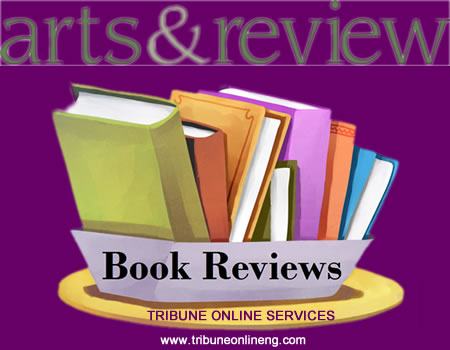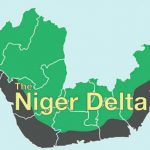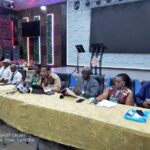NOT many people know the way of life of the people of Nigeria before Independence in 1960. The only thing many know is that there was an amalgamation in 1914, which brought together the northern and southern protectorates and the colonial period which ended on October 1, 1960.
This, therefore, is a great opportunity for the National Commission for Museums and Monuments (NCMM) to start projecting the way of life of the people before Independence.
There are different ethnic groups in the country, with each having its own language, or dialect, clothing, marriage and burial processes, among others, and promoting the country through these will definitely generate interest among Nigerians and even foreigners.
If this is done right, it will generate more income to run the museums. However, while some of these are already being done by museums, there is the need to explore digital museum, which will make it possible for those who are not based in the country to also have the opportunity of exploring our past.
In the age we are in today, any organisation that is not online has been left out, and it is as a result of this that a standard digital museum, which will require visitors to pay a token to explore, should be considered by the NCMM.
While the amount to be paid may not be much, the museum will make more money in the long run considering the huge population that will be interested in exploring Nigeria’s past.
Students of African Studies from different universities across the world, people of African descent who are really interested in knowing the past of the biggest black nation in the world, and culture lovers will definitely embrace this idea and will pay any amount to access the information.
ALSO READ FROM NIGERIAN TRIBUNE
It should also go a bit further by having videos of traditional marriages, naming ceremonies, burials, among others, which will interest Africans in the Diaspora.
Therefore, as the world become more digitalised, the museum should also capitalise on this and generate more income to maintain the artefacts being displayed.
This will be an addition to the income being generated through those who visit the museum.
Adekola is chief conservator, National Museum, Ibadan.






